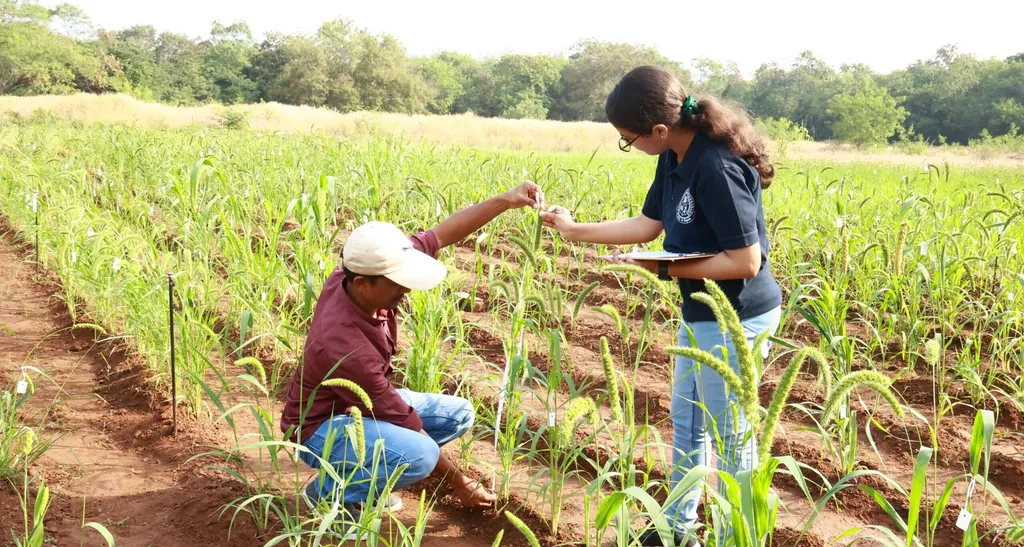Science and technology are increasingly shaping the future of agriculture, and Karnataka is positioning itself at the forefront of this transformation. Speaking at the second day of the 6th Science and Technology in Kannada conference in Raichur, Minister for Minor Irrigation and Science and Technology N.S. Boseraju emphasized that global advancements in these fields are not just theoretical—they are becoming essential tools for agricultural growth.
The conference, organized by the Karnataka Science and Technology Academy (KSTA) and the University of Agricultural Sciences (UAS), Raichur, serves as a platform to bridge the gap between research and practical application. Boseraju highlighted the academy’s role in educating farmers and the public about emerging technologies, noting that such initiatives are critical as the state expands its irrigation networks. Currently, six lakh acres in the region rely on Tungabhadra dam water, and the government aims to extend these benefits further.
A key focus of the discussions was how farmers within existing irrigation systems can adopt new scientific methods to improve yields and sustainability. Boseraju’s remarks underscored a broader policy push: integrating research-backed practices into traditional farming to enhance productivity.
MP G. Kumar Naik echoed this sentiment, pointing out that agricultural science has gained prominence as a research discipline. He stressed that conferences like this—conducted in Kannada to ensure accessibility—can directly benefit farmers by aligning them with government support schemes, such as the recently announced minimum support prices for green and red chilli. Naik also highlighted the role of agricultural scientists and students in elevating both farming practices and rural education, calling their contributions “immensely valuable” to the sector’s progress.
The event also marked the release of a commemorative publication, symbolizing the academy’s two-decade-long effort to promote scientific literacy. A.G. Srinivas, head of UAS’s Department of Entomology and conference coordinator, noted that the academy has consistently worked to demystify science and technology for the public, ensuring that innovations reach those who need them most.
The presence of academic leaders, including UAS Registrar Sharanabasappa Kotappagol, Dean K. Narayana Rao, and former Vice-Chancellor M.K. Nayak, alongside literary figures like Dr. Vasundhara Bhupathi, reflected the interdisciplinary approach of the conference. Their participation signaled a shared commitment to merging scientific rigor with practical, farmer-centric solutions.
As Karnataka expands its irrigated land and refines its agricultural strategies, events like this conference serve as a reminder: the future of farming will depend not just on water and seeds, but on how effectively science can be translated into action. The challenge now lies in ensuring these discussions move from convention halls to the fields, where they can make a tangible difference.

